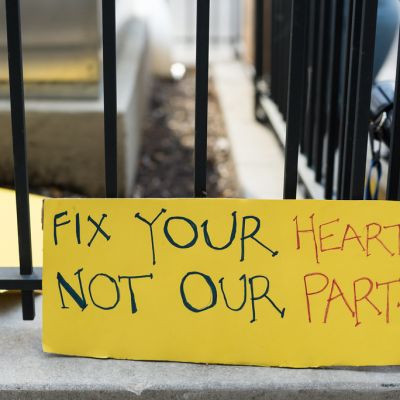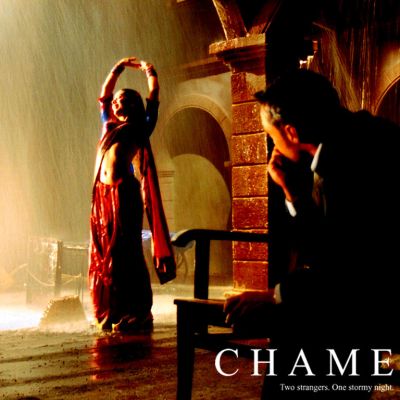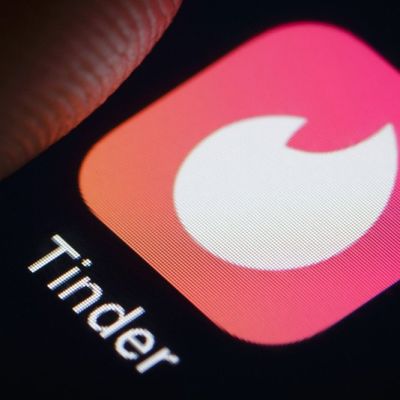Voices
When I first decided to cater to the sex-toy related needs of the Indian market, I knew one thing for sure: the biggest concern for me to address would be privacy.
For intersex people, privacy or the ‘freedom from unauthorised intrusion’ is constantly violated in which many a times knowledge about their bodies and the interventions carried out on their bodies are not made known to them.
In this age of surveillance, for the sake of convenience/safety/communication, nothing is sacred anymore. Our lives are exposed, and wholly accessible to whoever is willing to pay a price for it. What keeps these women detectives going is their faith in the value of the work.
Marking the genitalia as ‘private’ is somehow expected of parents who want to make sure that their kids don’t allow predators in. However, this duty should be followed at the right time with a conversation about sex, which will open the door to speaking about sexuality
People in the city move from their homes to their workplaces and back to their homes. The production of this everyday rhythm of the city makes people accustomed to the sexual overtones that come with it.
There is a direct correlation between mobility and sexuality. Women’s mobility does get hampered because of both social as well as economic reasons, leading to this contradictory fall in female LFPR despite a growing economy.
The patriarchal system strictly enforces gender roles and social norms that privilege men over women. This sense of male entitlement over women and girls’ bodies have insured their confinement to spaces where they are stripped of power, threatened by harassment and discrimination, and extremely vulnerable so that men get to play the role of protectors.
Lots of things, people, and moments have possibilities for stirring the erotic within us. The bible, the dictionary or the stories on nifty.org may become pre-texts to something new within ourselves and others.
In a society where queer sexuality had been demonised in not just mainstream fiction but also mainstream culture, the erotic fanfiction that emerged out of kinkfests became an important source of queer sex-positivity.
Erotica, which according to statistics is largely a women dominated genre, often creates a platform where women across space and time can connect and don’t feel alienated in their sexual needs when they find a heroine with the same desire, or when they read about a plot situation which resonates with their own.
Class is a very important factor if you want to associate with “smart” company. Your looks, your fashion sense, your taste in music, your knowledge about international issues and celebrity gossip become very important to belong to “that” bunch of people.
This stigma of caste, class and sexuality is a pervasive amalgamation of socio-cultural mindsets that take root and function in myriad complex ways, and paint working women in broad, sweeping, agency-less brush strokes.
Honestly, there weren’t any specific rules for the game,
Consent basics, a little humour, but no stigma, no shame.
Watching K3G with my students brings forward new ways of understanding how concepts like socioeconomic class, gender, sexuality, and diasporic imaginaries are embedded with subtle messages of morality and longing and how these messages are ingrained in our Bollywood viewing experiences.















